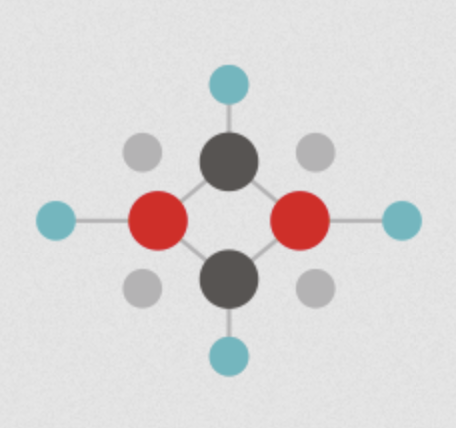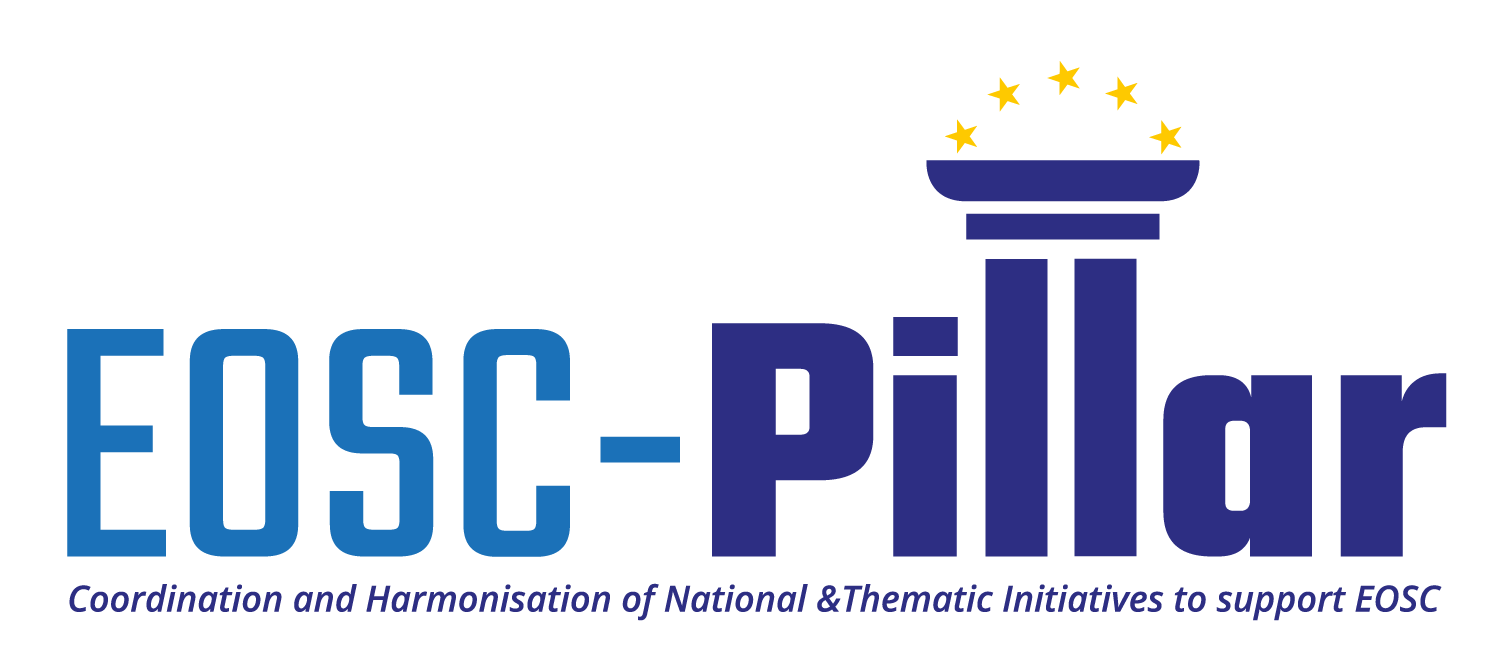
New thematic services from the EOSC-Pillar open call
In the frame of EOSC-Pillar (WP6), an open call for thematic services has been launched end of 2020 with the aim of broadening the thematic scope of the nine already defined use cases of the work package and give additional non-conventional services the possibility to be supported by the experts associated in EOSC-Pillar.
In total eight applications have been received, six of them have been selected as potential new use cases to be mentored within our project. The six selected applicants were invited to present more detail on their services during a dedicated virtual hackathon organised in June 2021. This was the occasion for the service providers to specify exactly their needs and define joint support activities with the experts of the project. Finally, five service providers accepted to be part of the project as “new use cases”.
An overview of the five “new” use cases and the relevant support by EOSC-Pillar is provided below.
 Ethnic and Migrant Minorities' (EMM) Survey Registry
Ethnic and Migrant Minorities' (EMM) Survey Registry
proposed by SciencesPo (France)
The EMM Survey Registry, jointly developed by the COST Action 16111 ETHMIGSURVEYDATA, the H2020 project SSHOC (Social Sciences and Humanities Open Cloud) and the French ANR project FAIRETHMIGQUANT, is a free online service for discovering and learning about existing quantitative surveys undertaken with EMM (sub)populations in Europe and beyond. It offers detailed and structured metadata for each of the surveys it documents.
The EMM Survey Registry has two interfaces: the front-end and back-end. The front-end is where all the metadata is made available for discovery, access, and re-use. The back-end is where the metadata itself is managed and is where new metadata can be directly contributed to the EMM Survey Registry. The registry is intended for anyone interested in learning about and/or using quantitative survey data on EMMs’ integration and/or inclusion, such as (non)academic researchers and policymakers. It’s also of interest for data producers of quantitative surveys with EMM respondents.
 MMODA (Multi-Messenger Online Data Analysis)
MMODA (Multi-Messenger Online Data Analysis)
proposed by ISDC Data Centre for Astrophysics (University of Geneva, Switzerland) and “Laboratoire AstroParticule et Cosmologie (APC)” (Paris, France)
The MMODA service (formerly known as AstroODA - Astrophysical Online Data Analysis) allows users to leverage cloud-based scientific data analysis workflows of astrophysical observatories/experiments: INTEGRAL, POLAR, ANTARES, LIGO/Virgo, and SDSS (LegacySurvey) observatories (with further resources under development), providing verified publication ready results.
This service primarily targets researchers and research groups in the astrophysical field.
 ReadMETRICS
ReadMETRICS
proposed by Inist-CNRS and Couperin.org (France)
ReadMETRICS is a new turnkey solution for
- monitoring transformative agreements, including before and beyond;
- analyzing usage across disciplines and consortia;
- assessing value of publishing spend;
- enabling comparative citation analysis.
It is based on the already existing and field-tested ezPAARSE and ezMESURE free and open source tools, extending and including features inspired by the National Library of Luxembourg’s transition to Open Access.
Users of the service can for example be universities, hospitals, research libraries, or even institutions consortia, subscribing to various electronic resources packages that need to collect and aggregate usage data to that content.
 SIMBAD
SIMBAD
proposed by CDS (Strasbourg astronomical Data Center, Strasbourg, France)
SIMBAD is the reference database for the nomenclature and bibliography of astronomical objects (outside the solar system), provided by CDS as one of its services for the astronomy research community.
Typical users of the service are astrophysics researchers around the world, but also amateur astronomers, educators, planetaria and the general public. The service may also be of interest for users from other disciplines like citizen science.
Astronomical observatories, space agencies (e.g. NASA, ESA, JAXA), astronomy data centres, and data archives integrate calls to SIMBAD into their own systems, i.e. for ‘name resolving’ of astronomical object names and coordinates. Many astronomy software tools and services integrate calls to SIMBAD.
 Thoth
Thoth
proposed by Lancaster University (UK)
Thoth is an Open Metadata Service for Open Access Books that assists publishers in managing openly licensed, standards-compliant bibliographic metadata for open access books, and opens gateways for metadata records to flow into dissemination, discovery, and preservation infrastructures.
The primary users of Thoth are open access book publishers who will use the services to manage and disseminate bibliographic metadata for the titles they publish. Beyond that, Thoth can also be interesting for library publishing programs, university presses, or even commercial open access publishers, who are struggling with the incoherence of the open access book supply chain too.
Since July 2021, these service providers received different kind of support from the EOSC‑Pillar experts, starting with connecting them with appropriate initiatives and projects, but also Authentication and Authorization Infrastructure (AAI) integration support, support regarding hosting issues, provision of computational resources, provision of a testing framework for Jupyter Notebook, and finally support for the onboarding process for registration in the EOSC Marketplace. To date, three of them, namely EMM Survey Registry, MMODA, and SIMBAD have been successfully onboarded.



